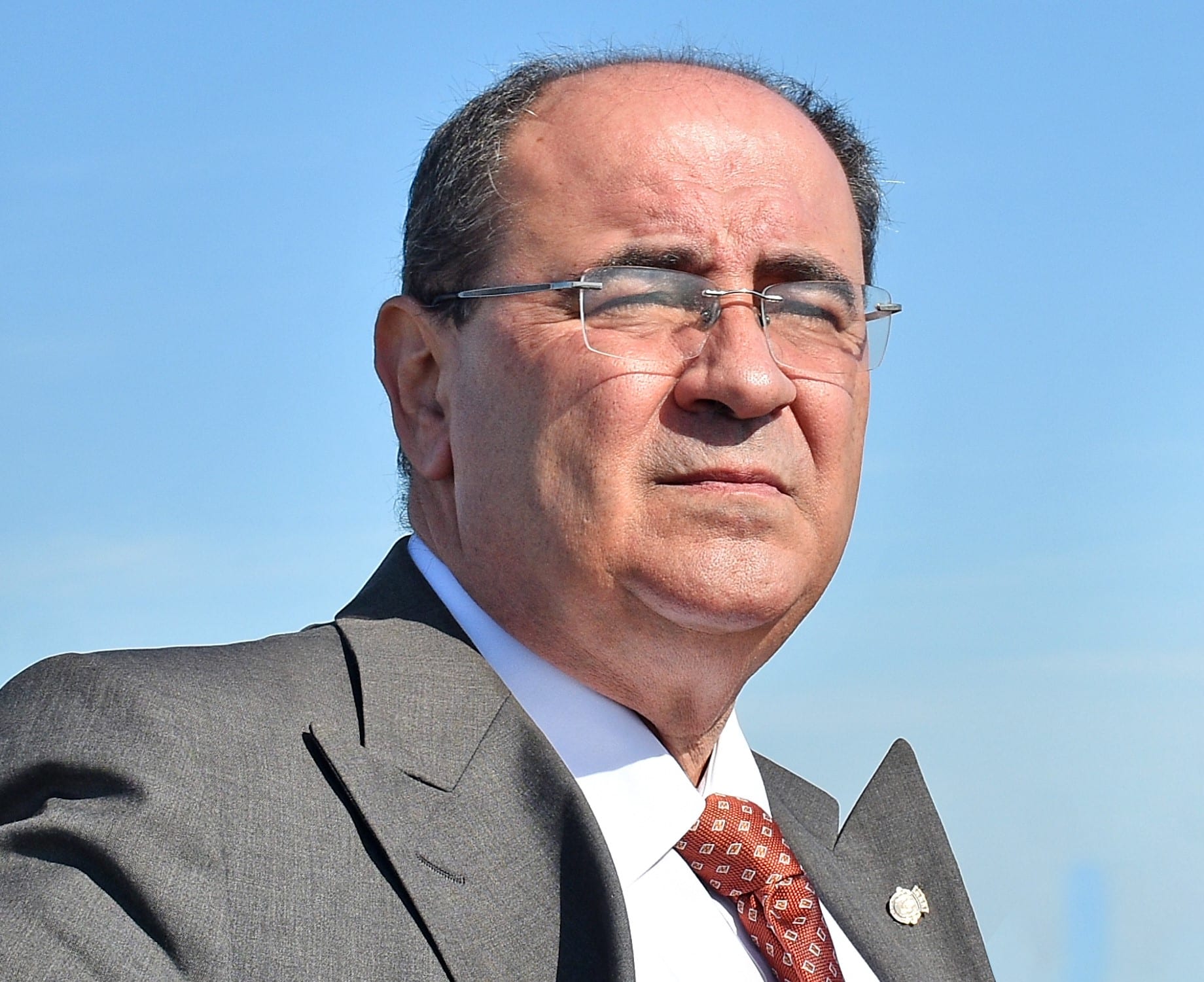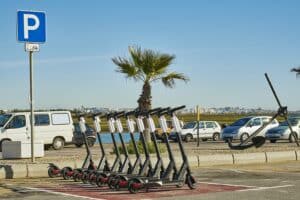Rogério Bacalhau and Sophie Matias have denied any wrongdoing
Faro mayor Rogério Bacalhau and councillor Sophie Matias are set to face trial for allegedly violating urban planning regulations in the illegal approval of a motorhome park.
The Portuguese Public Prosecutor’s Office is seeking to impose an additional penalty barring them from holding public office, citing a “grave disregard for public service duties.”
The case revolves around the approval of a construction project for a motorhome park in the parish of Montenegro, near Faro Airport, on a site classified as agricultural land which falls within the jurisdiction of the Vilamoura-Vila Real de Santo António Coastal Zone Management Plan (POOC),
Besides Bacalhau and Matias, additional defendants include the former heads of the municipality’s Urban Management and Infrastructure Departments, a private company involved in the project and its manager, and the project’s architecture coordinator.
Both the mayor and the councillor have denied any wrongdoing. The mayor argues that he “did not commit any crime” and approved the project based on favourable technical assessments, while Matias has pointed to a series of “errors and imprecisions” between the POOC and the Faro Municipal Master Plan (PDM).
Nonetheless, the Public Prosecutor’s indictment, issued in October 2023, states that the defendants knowingly approved the project despite its legal incompatibility, while Faro court’s ruling in December 2024 confirmed sufficient evidence to proceed to trial.
The controversy dates back to 2017, when the company Yourset2go – managed by former Faro PSD leader Justino Ramos – requested a construction permit from the local council which was granted in July 2019. However, the Portuguese Environment Agency (APA) – apparently unaware of the project – questioned the council about the park’s construction in September following complaints from local residents. By November, APA had issued an unfavourable report on the development.
Despite APA’s thumbs down, the court accuses Bacalhau and Matias of failing to halt construction “until they definitively clarified the issue,” which it believes “shows that (…) they knew, because they had to know, that the Motorhome Service Area was located in an area where building was forbidden.”
The Public Prosecutor’s Office also highlights that the two council officials’ claims that they were merely approving the project based on previous technical approvals lack credibility.
Given that the municipal councillors and mayors have significant authority over urban planning, land use, and construction licensing, being responsible for drafting and approving zoning plans and ensuring their enforcement, the prosecutor finds it unlikely that the accused officials handled the approval process for the motorhome park with the “casualness” they suggest.
Additionally, the prosecutor described the project’s approval process as “atypical”, noting that the necessary prior consultation with APA was not sought before granting the construction permit.
The prosecution also examined whether Justino Ramos received preferential treatment due to his political connections but found no evidence of corruption or misconduct.



















